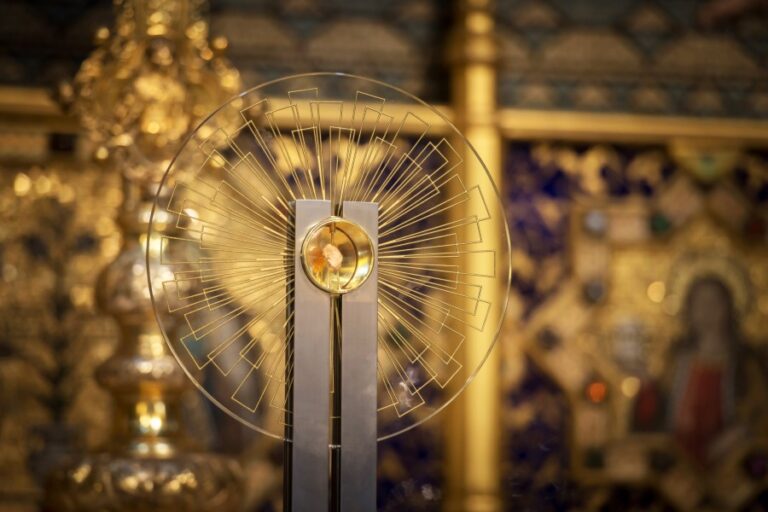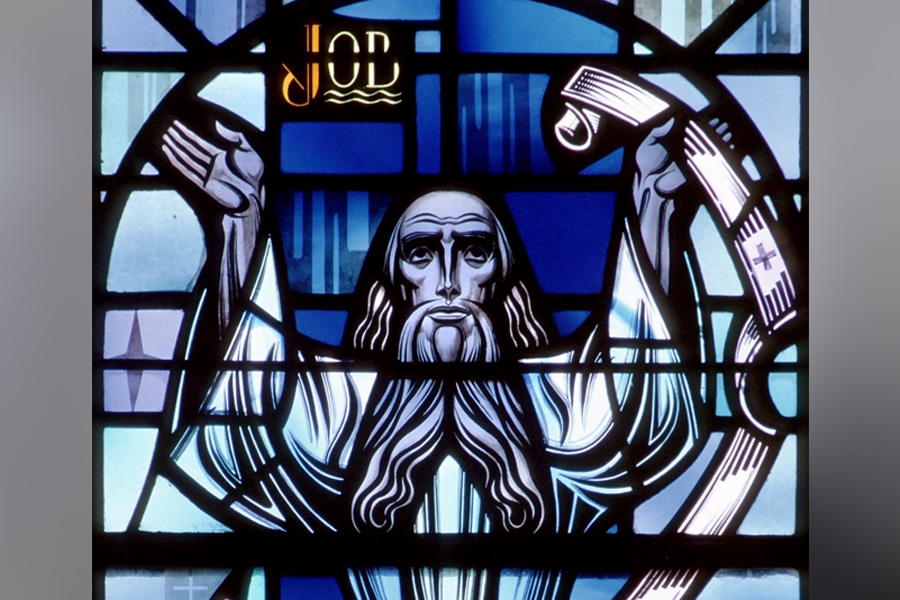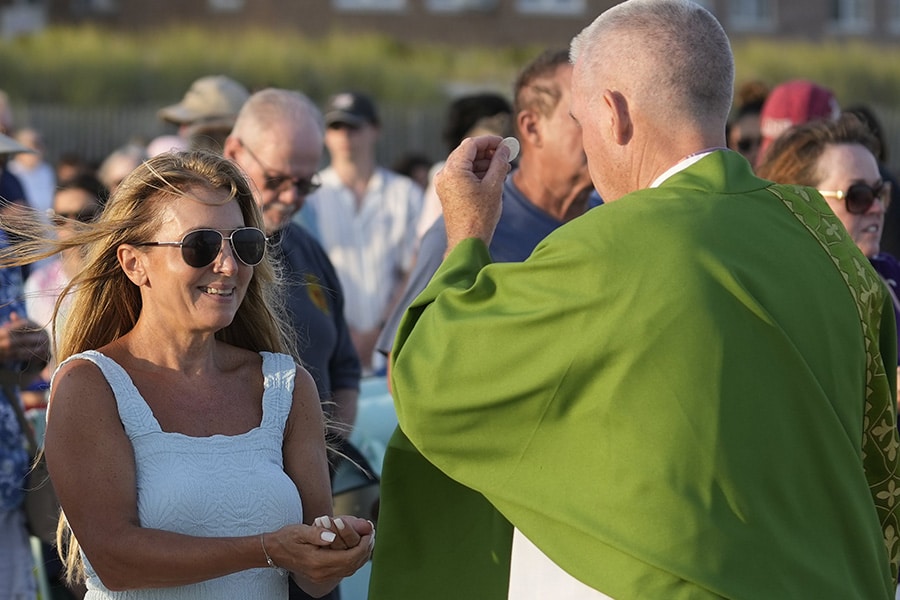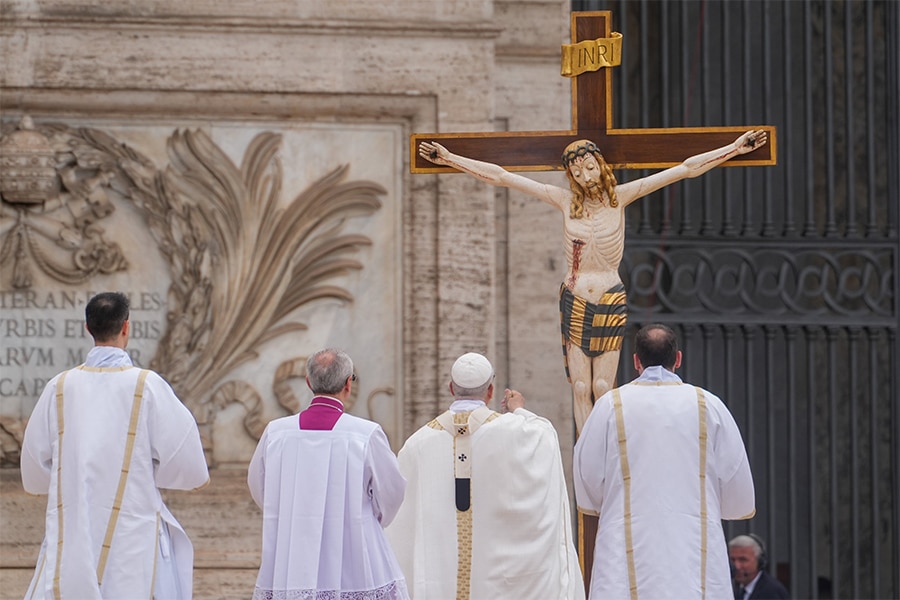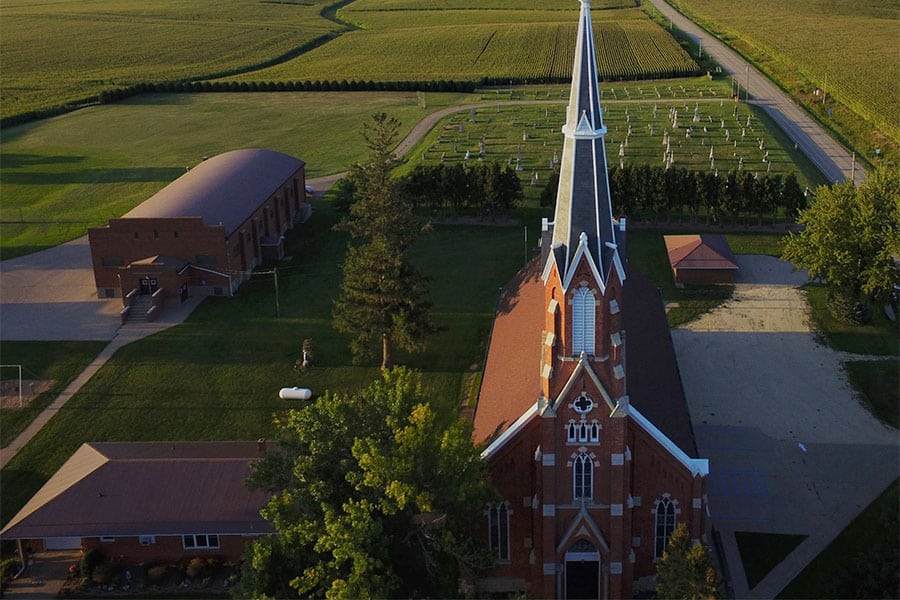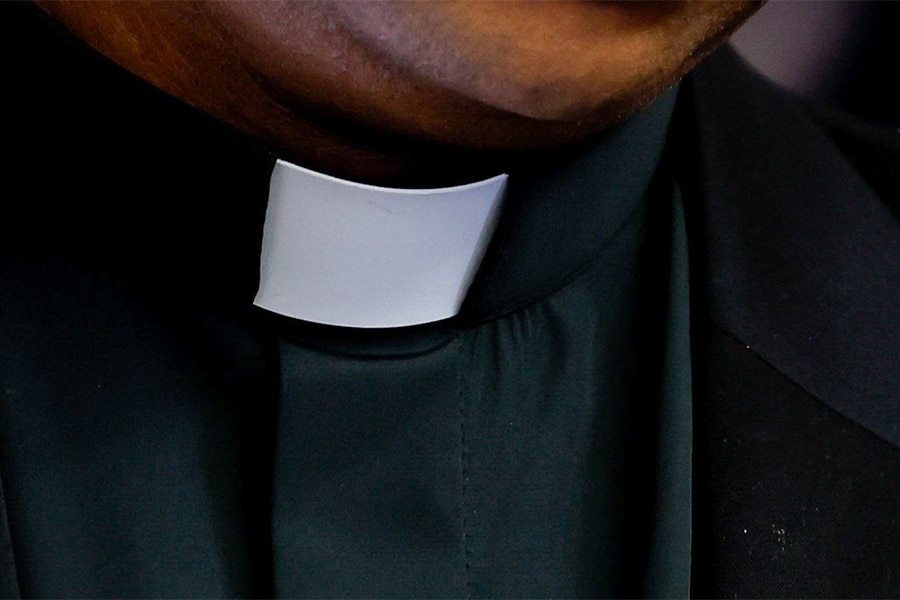Recently I responded in this column to a question about disruptions at Mass. The letter writer said that a parishioner had been creating a scene regularly in church — throwing her arms toward the sky, shouting out in a loud voice and walking up to the altar before anyone is invited to. The writer asked what could be done about the woman to maintain quiet and reverence.
I answered that the pastor should have a quiet conversation with her about the sense of prayerfulness needed in a church, and I quoted one diocese’s written policy regarding an individual who causes a disturbance during the liturgy.
Several people wrote in comments on that response, criticizing me for not discussing disability or mental illness and what might be a way to help that parishioner. Those comments are valid, I accept the criticism and I apologize.
Here were some of the comments: “I certainly understand that your response is technically correct and that protecting the sanctity of the Mass is important, but I was surprised to find that the response never even mentioned the possibility that the individual causing the disruption may have some sort of disability or neurological condition causing that behavior.”
Still another wrote: “I was shocked at your answer. … It may be the most unchristian thing I’ve ever seen in this paper. My husband, who had Alzheimer’s disease, often called out during Mass, waved at the priest and was otherwise ‘disruptive.’ … The other parishioners were loving and understanding. The church created a special room where parents or caregivers could take a child or disabled adult if the disruption became too great.”
But the most comforting comment of all came from Virginia from a fellow parishioner of the original letter writer. He said: “Our parish staff, including our wonderful pastor, know this lady very well and they are very kind and patient. … Yes, the lady can be disruptive and a little startling to people who are not familiar with her, but our parish is filled with loving, kind members who understand her behavior.”
Q. I know there is an official procedure for churches that are (sadly) no longer used for Catholic worship. What happens to saints’ relics in the altar if the church is sold or torn down? (southwest Indiana)
A. If the relics can be removed, it would be the responsibility of the local bishop to oversee their transfer to another place suitable for veneration. Often, they are moved to a church being newly built or to an existing worship site. Interestingly, Catholic churches currently being opened are encouraged, but not strictly required, to have relics of saints in the altar.
The General Instruction of the Roman Missal says: “The practice of the deposition of relics of saints, even those not martyrs, under the altar to be dedicated is fittingly retained. However, care should be taken to ensure the authenticity of such relics” (No. 302).
Elaborating on that directive, the Ceremonial of Bishops says: “The tradition in the Roman liturgy of placing relics of martyrs or other saints beneath the altar should be preserved, if possible. But the following should be noted: … The greatest care must be taken to determine whether the relics in question are authentic; it is better for an altar to be dedicated without relics than to have relics of doubtful authenticity placed beneath it” (No. 866).
Read more question corner
Copyright © 2021 Catholic News Service/U.S. Conference of Catholic Bishops

